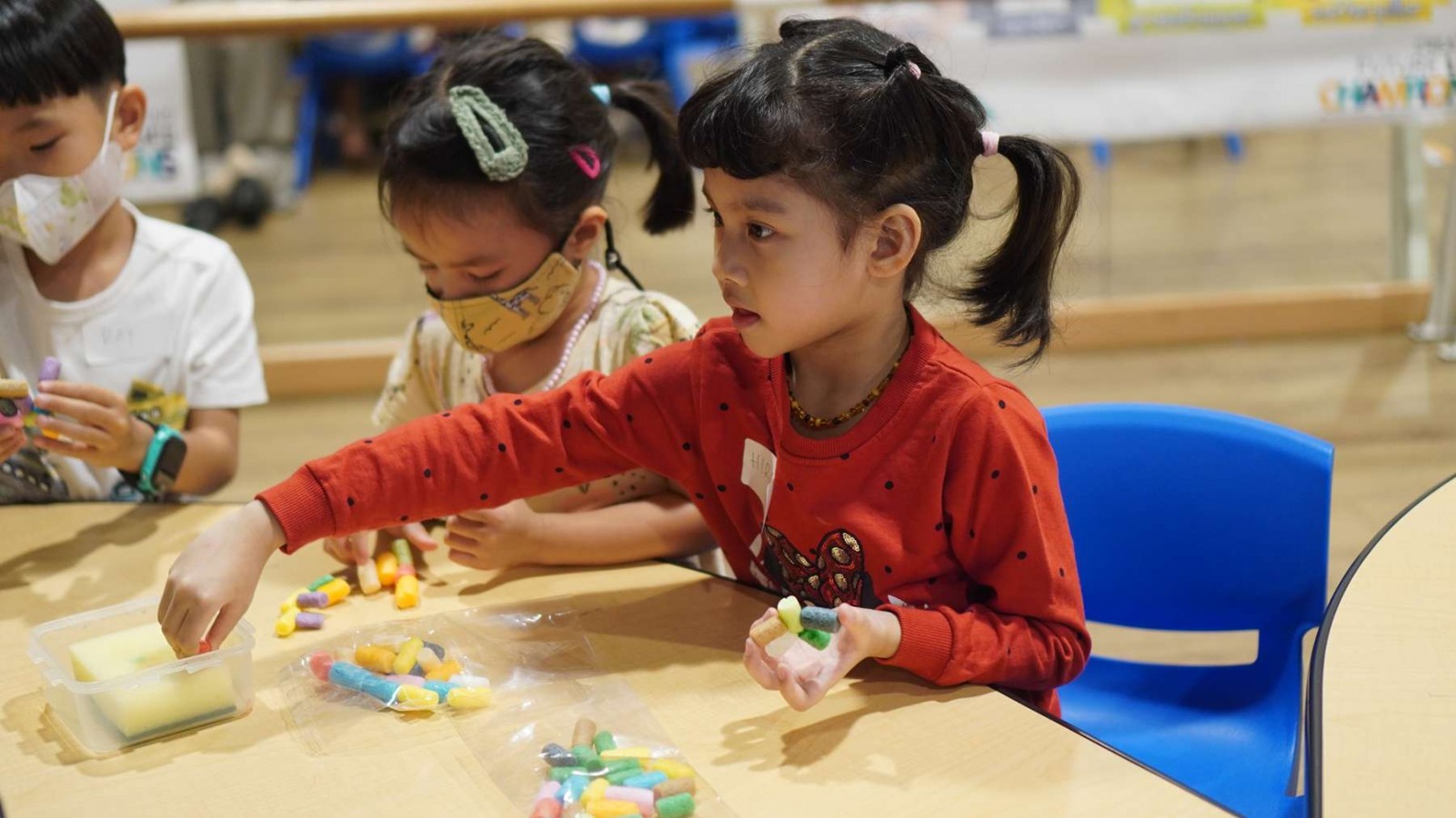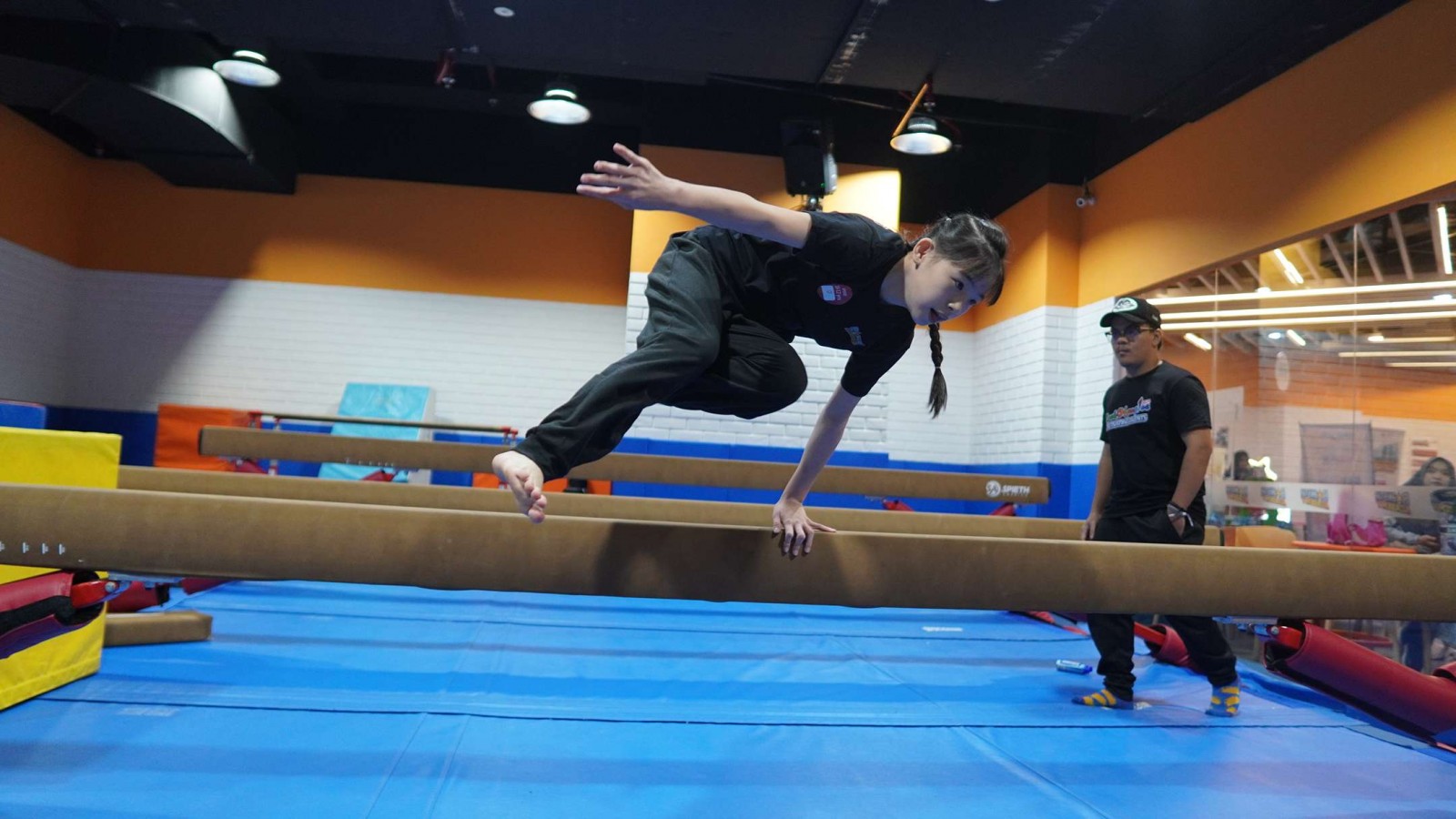What Are Fine Motor Skills? This Is What Parents Know!

Fine motor skills are crucial abilities that children develop as they grow and mature. These skills involve the coordination of small muscles in the hands and fingers, enabling them to perform precise movements and tasks. From tying shoelaces to writing, fine motor skills are fundamental for various everyday activities.
As parents, understanding fine motor skills is essential for supporting your child's development. In this article, we'll delve into what fine motor skills are, why they're important, and how you can help your child enhance them.
What are Fine Motor Skills?
Fine motor skills refer to the coordinated movements of small muscles, typically those in the hands and fingers, that allow individuals to perform precise and controlled actions.
These skills involve the synchronization of muscles, nerves, and the brain to accomplish tasks that require intricate manipulation and dexterity.
Fine motor skills are essential for daily living tasks, academic performance, and overall independence and are crucial for various aspects of development, including cognitive, social, and physical growth.
Why Are They Important?
Fine motor skills are crucial for various aspects of daily life and human functionality. Without the development of fine motor skills, simple tasks that we often take for granted would become challenging or even impossible.
From basic self-care activities like brushing teeth and getting dressed to more complex tasks such as cooking, texting, and engaging in hobbies like playing musical instruments or crafting, fine motor skills are indispensable.
They enable independence and self-care, allowing individuals to navigate the world with ease and efficiency. In educational settings, fine motor skills are essential for children to excel in schoolwork, including tasks like drawing and writing.
Furthermore, in many professions, from construction work to surgery, the proficiency of fine motor skills is vital for performing tasks accurately and effectively.
In essence, fine motor skills are the foundation upon which many aspects of human functioning and productivity are built, shaping our ability to interact with our environment and pursue our goals.
What Kind of Activities Use Fine Motor Skills?
Activities that involve fine motor skills require precise coordination and control of the small muscles in the hands and fingers. Some common examples of such activities include:
1. Holding a Pen or Pencil
Writing or drawing with a pen or pencil requires intricate movements of the fingers to control the writing utensil and produce legible marks on paper.
2. Drawing Pictures and Writing Neatly
Drawing pictures and writing neatly involve fine motor skills to manipulate the writing instrument with accuracy and control, allowing for the creation of detailed images or clear text.
3. Using a Keyboard
Typing on a keyboard involves pressing individual keys with the fingertips, requiring precise movements and coordination to accurately input characters and words.
4. Using Scissors, Rulers, and Other Tools
Activities such as cutting with scissors or using rulers and other tools necessitate fine motor skills to manipulate the tools effectively, control the direction and pressure of movements, and achieve desired outcomes with accuracy.
What Kind of Activities Develop Fine Motor Skills?
Fine motor skills begin developing from infancy and continue to improve throughout childhood and into adulthood. Even newborns display primitive forms of fine motor movements, such as the grasp reflex, where they instinctively close their hand around objects that touch their palm.
As children grow, their muscles strengthen, and they gain more coordination, allowing them to perform increasingly precise movements. Activities such as drawing, coloring, playing with building blocks, threading beads, and using scissors help refine fine motor skills in children.
Additionally, adults can also enhance their fine motor skills through activities tailored to specific needs or interests, such as rock climbing to improve grip strength or surgeons practicing precise hand movements.
By engaging in activities that challenge and refine fine motor skills, individuals of all ages can enhance their dexterity, coordination, and overall motor control.
What are Fine Motor Skill Milestones?
Fine motor skill milestones are developmental stages that indicate a child's progress in mastering the use of small muscles in the hands and fingers.
While every child develops at their own pace, there are general milestones that can serve as guidelines for tracking fine motor skill development. Here are some typical fine motor skill milestones on children:
A. 0 to 6 months
Infants typically begin by grasping objects with both hands around 3 months of age and progress to grasping objects with one full hand by around 5 months.
B. 6 to 12 months
Babies start pinching things with their thumb and one other finger, transferring objects from one hand to the other, picking up and dropping toys, and exploring objects by putting them in their mouths.
C. 1 to 2 years
Toddlers develop the ability to stack three small blocks, turn knobs, begin self-feeding with utensils, and turn a few pages of a book at a time.
D. 2 to 3 years
Children refine their fine motor skills by turning single pages of a book, holding a crayon with their thumb and first two fingers instead of a fist, making small cuts with scissors, and manipulating putty by rolling, squeezing, and pulling.
E. 3 to 4 years
Preschoolers progress to building towers with nine small blocks, drawing copies of circles, and using their non-dominant hand to assist and stabilize objects while using them.
F. 4 to 5 years
Children become more proficient with scissors, cutting continuously on a line, printing their name and numbers 1 through 5, and dressing and undressing independently.
G. 5 to 6 years
Fine motor skills continue to advance as children cut out simple shapes with scissors, color within the lines, and use a three-fingered grasp of a pencil for writing and drawing.
H. 6 to 7 years
By this age, children are typically able to tie shoelaces independently, consistently write on lines, and correctly write most numbers and letters.
Want to Enhance Your Child's Fine Motor Skills?
Fine motor skills are fundamental abilities that contribute to a child's overall development and success. By understanding their importance and actively supporting their development, parents can help their children build the foundation for lifelong skills and achievements.
Curious about giving your child the best start in early childhood education? Our innovative approach to early childhood education integrates a stimulating curriculum with opportunities for physical activity and creative expression.
At our Sports & Performing Arts Academy, we believe in nurturing not just academic excellence, but also holistic development in young minds. With our free trial, your child can explore our dynamic learning environment, engage in hands-on experiences, and discover their potential in a supportive and stimulating setting.
Give your child the opportunity to shine at Rockstar Academy's free trial and embark on a journey of growth and discovery!
FAQ
How can I help my child develop fine motor skills?
Support your child's fine motor skill development through activities like drawing, playing with blocks, and using scissors, and provide encouragement to build confidence.
What are some signs of delayed fine motor skill development?
Signs of delayed fine motor skill development can include trouble holding utensils, difficulties with hand-eye coordination, and challenges with tasks like cutting or buttoning clothes. Seeking professional guidance can offer assistance if concerns arise.



